Last week we talked about C.I.A. and how using these three letters are essential in growing influence. Today we are going to really grow our influence with those around us. Today we are going to find out the needs.
Whether it is a customer, a team we lead, or the nonprofit we are in charge of. We need to truly understand the needs of those around us. Deeper needs than just food, water, clothing, and a paycheck. People have many different levels of needs. Some of my therapist friends refer to the Maslow Hierarchy of Needs for personal needs. It is a great diagram to understand need levels.
There are also business needs that need be addressed. If we can help people with both of these needs, we are going to be generating high levels of influence. Now that is the influence I love to have. Not for the power aspect, but that I am helping people. That is why I wrote my book and write this blog every week. To help people understand sales and influence so they can be more effective with others around them. I want to help as many people as I can get better and serve those around them by helping them get to where they need to go.
So…how do we begin with that level of influence you are probably asking? We ask deep questions to really understand what people around us need. Most people do not think this deep that is why when we ask them how they are doing most people instantly say “good…” Going deeper with those people we want to address some of the deep-rooted needs they truly have.
For a salesperson they are trying to make sure their product truly answers the needs of the customer. For an employee that we are leading, they may need to feel a sense of belonging and that they are doing something meaningful. Without that impact most employees resort to a paycheck being the only differentiator for work. How is the turn-over in your organization?
We need to take time to understand the needs that our organization addresses to help society, the need our product addresses, the need that our team’s role addresses to help the organization grow stronger. We need to build list of needs that are addressed.
Let’s say we are an IT group, that is tasked with monitoring organization computers against cyber-attacks. The features are the software and team members in our group. The benefits our group provides the organization is protection from attacks and support if someone is cyber attacked.
I remember a phishing scam that had employees giving away their log in credentials and changed the location to where the employee checks were delivered. The IT team quickly closed the loop on this and saved dozens of employees from losing their paycheck in the matter of hours. Do you think that people were grateful for that help?
After we have understood the benefits, then we need to understand the needs that are answered by these benefits. Using the above example, the benefit creates a sense of security and peace of mind for the users of the computers which are powerful. The users of the computers typically do not understand all of the code used to create a virus and how to remedy. Our team is also enabling the rest of the organization to function efficiently and safe. The IT team is like ninjas jumping around saving those they serve.
Cascading what we are doing for others and how we are helping others is very motivating to our teams. We need to take time and think of some of the needs that our teams answer. The larger the need the more we can impact.
Now that we have the needs figured out, we need to structure questions to ask so that we can start finding out if we are answering the needs of those that we lead. If we are asking the individuals their needs and we are answering their needs our influence will skyrocket! Keep in mind that everyone is different, so being intentional and sitting down with individuals to make sure we are understanding their needs and if we are identifying them on a deep level, we will have deep rooted influence.
Have a great week everyone!
“Businesses wonder why the majority of their sales teams struggle at winning profitable business. I teach your sales team to walk with the customer through the five buying decisions, and in the correct order to generate more sales with high margins!”





















